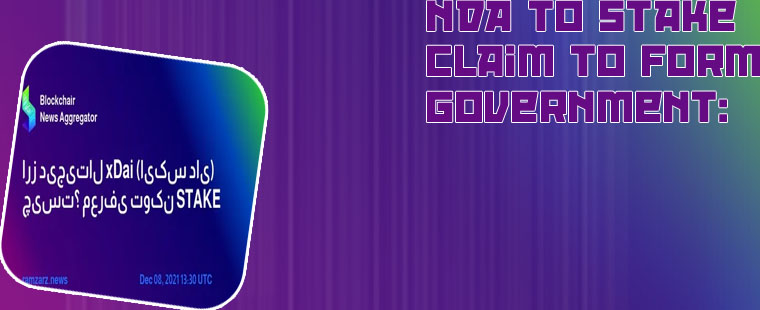Stake news
In today's age of information overload, it can be challenging to discern between real news and fake news. With the rise of stake news, where individuals or organizations intentionally spread misinformation for personal gain or to manipulate public opinion, it is more important than ever to be vigilant and critical of the news we consume. To help navigate this issue, here are two articles that provide valuable insights and strategies for identifying and combatting stake news.
How to Spot Fake News: A Guide for Bangladeshis

In today's digital age, the spread of misinformation and fake news has become a pressing issue that can have serious consequences. As Bangladeshis navigate the vast landscape of online information, it is crucial to arm ourselves with the necessary tools to discern fact from fiction. This is where a comprehensive guide on spotting fake news comes in handy.
One such resource that stands out is a guide specifically tailored for Bangladeshis. This guide provides valuable insights on how to identify fake news and misinformation in the context of Bangladesh. By understanding the common tactics used by purveyors of fake news, readers can become more adept at recognizing and combating false information.
Here are some key takeaways from the guide:
- Check the source: Always verify the credibility of the source before sharing any information. Look for reputable news outlets and cross-reference information from multiple sources.
- Examine the content: Scrutinize the content of the article for any sensationalist language, spelling errors, or inconsistencies. Fake news often contains these red flags.
- Be aware of biases: Be mindful of your own biases and how they may influence your perception of information. Take a critical approach to news consumption and consider multiple viewpoints.
The Impact of Stake News on Society and What We Can Do About It
In today's rapidly evolving digital landscape, the spread of fake news has become a pressing concern for societies around the world, including Bangladesh. The dissemination of false information through various online platforms can have far-reaching consequences, from inciting violence to shaping public opinion on critical issues. It is crucial for individuals to be vigilant and discerning when consuming news to combat the proliferation of misinformation.
One of the key challenges posed by fake news is its ability to manipulate public perception and influence decision-making processes. In Bangladesh, where social media plays a significant role in shaping public discourse, the impact of fake news can be particularly damaging. False information has the potential to fuel tensions between different communities, sow distrust in institutions, and undermine the credibility of legitimate news sources.
To address the issue of fake news, it is essential for individuals to verify the authenticity of information before sharing it with others. Fact-checking websites and tools can be valuable resources in this regard, helping to distinguish between accurate reporting and misinformation. Additionally, media literacy programs can equip individuals with the skills they need to critically evaluate news sources and content.
Furthermore, policymakers and tech companies have a role to play in combating fake news by implementing measures to curb its spread online. This may include strengthening regulations around the dissemination of false information, promoting transparency in

